ANTISEMITISM: What educators need to know and do

The goal of inclusive education and its inherent quest for equity and justice isn’t passive. It calls for us to join the struggle against all forms of racism and bigotry and to accept the responsibility to promote human rights for all our students and colleagues.
Black History: Honouring the Past, Living in the Present
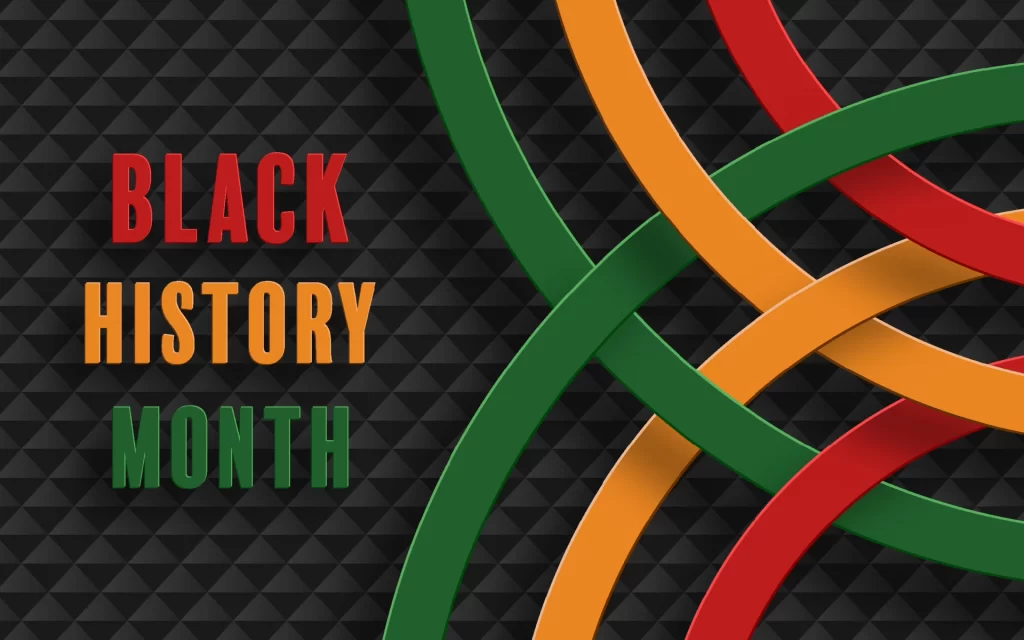
Black History: Honouring the Past, Living in the Present By Hamlin Grange C.M. February is Black History Month (BHM). Over the next several weeks there will be posts on social media, newspaper and magazine articles, television programs, and of course many invitations asking prominent Black people to give speeches at schools and corporations. Efforts by […]
Our Story is one
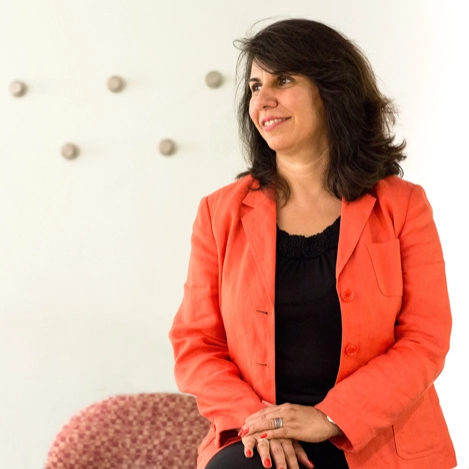
Happy to be thriving in Canada’s culture committed to advancing Inclusion, Diversity, Equity, and Anti-Racism, Iren Kolterman invites us all on a journey of empathy. Reflect, remember and learn from the story of Ten Women of Shiraz who wanted nothing more in life than to practice freely their Bahá’í faith….
Finding Strength in Allies: The Power of Support in Pride Movements

Pride. What does it mean for me? It may sound simple, but it means I am free to be me.
I remember the first time I went to the Pride Parade in Toronto. Coincidentally it was World Pride as well—the first-time World Pride was held in North America. I was wandering around the different merchants and booths before the parade and ran into a group of people who were looking for volunteers to march at the head of the parade, carrying the flags of the world. I jumped at the chance.
Celebrating Literary Trailblazer Esi Eduygan
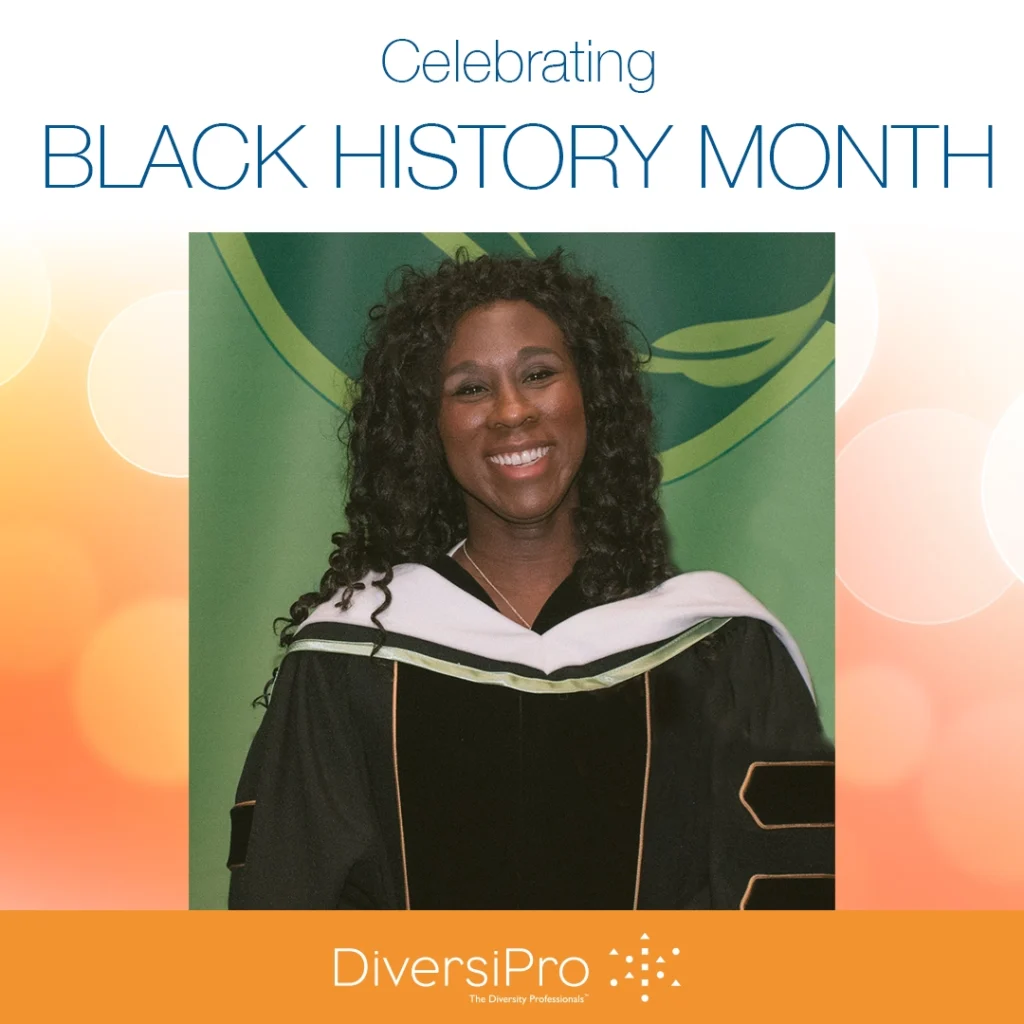
This Black History Month, and always, DiversiPro celebrates the artistry of novelist Esi Edugyan—two-time winner of Canada’s prestigious Giller Prize—for Half Blood Blues in 2011 and Washington Black in 2018.
Celebrating Black Canadians’ Contributions in the City of Stratford
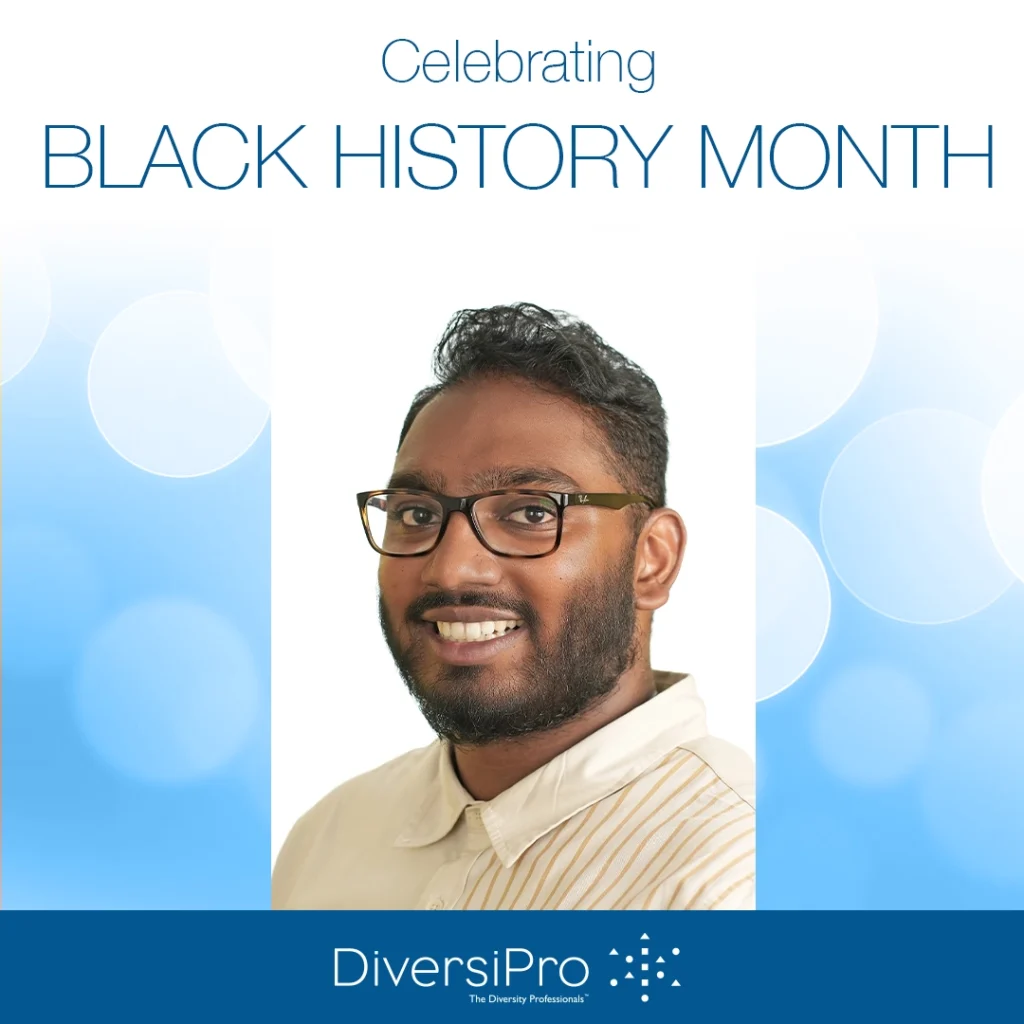
For the City of Stratford, Black History Month is an important time for us to reflect on the histories of resistance within the City. During one of our recent City leadership meetings, we provided our team with education about the deep-rooted discrimination and resistance of Africville in Nova Scotia. We had an open discussion about what we can do to celebrate and recognize Black Canadians’ contributions and the local Black history within the City.
Black History Month “Ours to Tell”
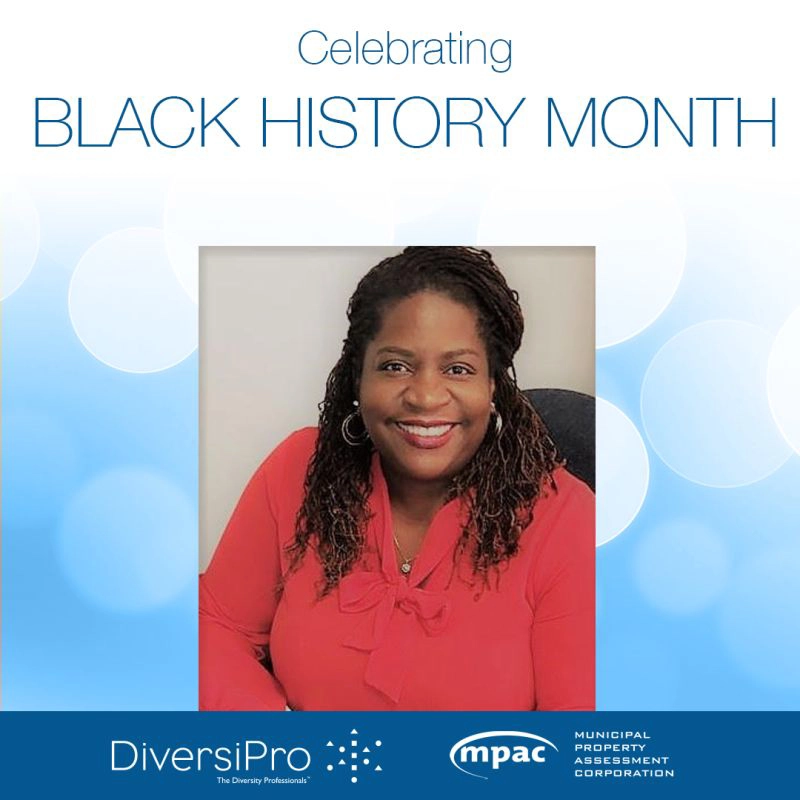
This Black History Month, and always, DiversiPro celebrates the artistry of novelist Esi Edugyan—two-time winner of Canada’s prestigious Giller Prize—for Half Blood Blues in 2011 and Washington Black in 2018.
Founder of DiversiPro Hamlin Grange, Pioneer in Workplace Diversity Recognized with Order of Canada via ByBlacks.com
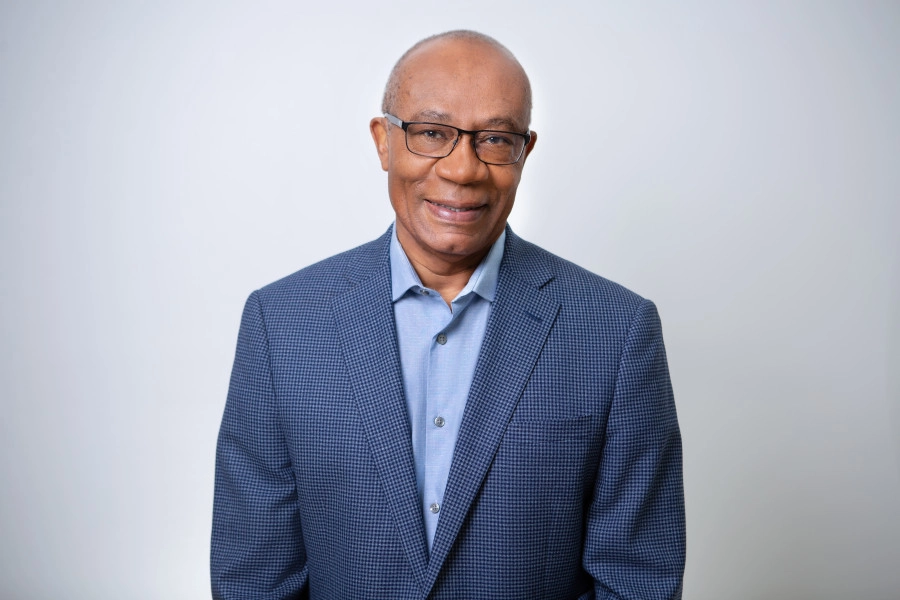
For the City of Stratford, Black History Month is an important time for us to reflect on the histories of resistance within the City. During one of our recent City leadership meetings, we provided our team with education about the deep-rooted discrimination and resistance of Africville in Nova Scotia. We had an open discussion about what we can do to celebrate and recognize Black Canadians’ contributions and the local Black history within the City.
Black Resilience: Motivating Rosa Parks, Viola Desmond and You…
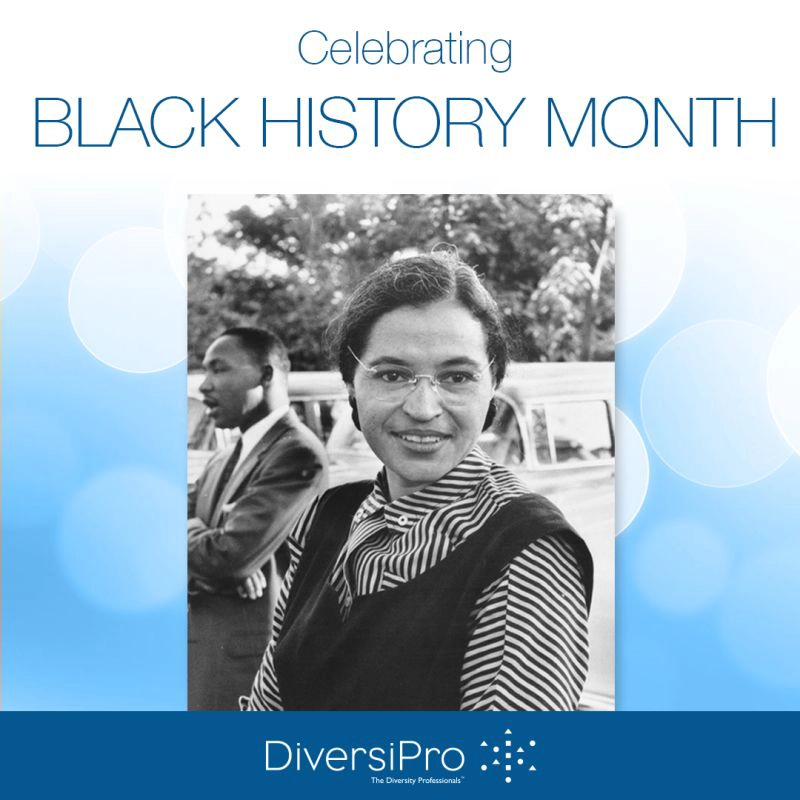
Rosa Park’s legendary sit-in by the window on the Mongomery, Alabama city bus in December 1955 reminds us of Viola Desmond’s earlier decision in 1946 to use her 40-cent movie ticket to sit wherever she pleased in the Roseland Film Theatre in New Glasgow, Nova Scotia. Forbidding Black people from using public spaces—restaurants, swimming pools, prime seats in public transportation, movie theatres, sports facilities (the late Harry Gairey Jr.’s ice-skating experience as a Toronto teenager in 1945, for example)—was a longstanding tactic designed to foster feelings of alienation from society.
DiversiPro Founder Receives Order of Canada

Hamlin Grange CM, DiversiPro’s Founder and Principal Consultant has been appointed a Member of the Order of Canada. This honour reflects the positive impact that Grange has had on Canadian society since he moved to the country from Jamaica at age 10.
